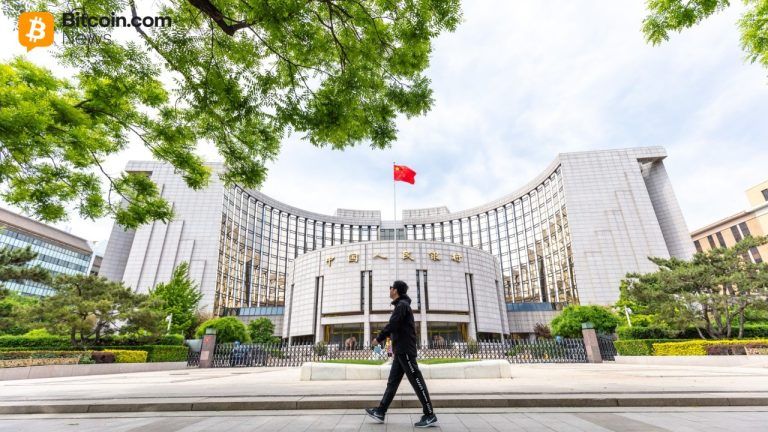Analysts Weigh In on BRICS Currency as Tool to Face US Dollar-Based Sanctions – Economics Bitcoin News
3 min read
Analysts have begun considering using a future BRICS currency to sidestep U.S. sanctions and the dollar’s influence in international markets. While the rise of the U.S. dollar was significant to spur an era of economic growth after World War II, the so-called weaponization of its ubiquitous use has made some countries consider other options for international trade.
BRICS Common Currency Issuance Under Scrutiny
Zhou Weidi, deputy director of the Institute of Economics and Business Administration Central China Pedagogical University, has weighed in on the possible implementation of a BRICS currency in fighting unilateral sanctions and the hegemony of the U.S. dollar in international markets.
According to Zhou, the weaponization of the U.S. dollar has created distrust even in American circles about the future of the currency, causing countries to consider alternatives to its use. While using the U.S. dollar presented several benefits after World War II, “later, as the world developed, including the continuous development of BRICS countries, the benefit of using the dollar in international settlement started to diminish,” he stated.
However, Zhou notes that the introduction of a BRICS currency bloc, integrated by Brazil, Russia, India, China, and South Africa, will not substitute the U.S. dollar immediately, and that the creation of such a currency be years in the making. He concluded:
This does not mean that the dollar will suddenly collapse, but we need to address the issue of de-dollarization.
“If, for example, such a regional currency appears by the middle of this century, I think it will stimulate the development of both those countries and the whole world,” Zhou added.
While the BRICS currency project is still in its initial stages, Russia, one of the biggest economies of the BRICS bloc, has moved to use the Chinese yuan for bilateral settlements to avoid U.S. sanctions. On this, Qiang Xiaoyun, the director of the Center of Russian-Central Asian Studies at the Shanghai Institute for International Studies stated:
Using the yuan or the ruble in payments is the most promising way to move away from the Western payment system.
Issuance Still in Consideration
The project of issuing a common currency for transactions among the countries of the BRICS bloc began to be considered last year, when Russian President Vladimir Putin stated that the initiative was under consideration at the China-held BRICS summit, with the objective of targeting U.S. hegemony.
More recently, State Duma Deputy Chairman Alexander Babakov, stated that the issuance of such a currency would be debated during the next BRICS summit, which will be held in Durban, South Africa in August, alongside the inclusion of new countries to the bloc.
What do you think about the usage of a BRICS common currency as an alternative to the U.S. dollar? Tell us in the comment section below.
Image Credits: Shutterstock, Pixabay, Wiki Commons
Disclaimer: This article is for informational purposes only. It is not a direct offer or solicitation of an offer to buy or sell, or a recommendation or endorsement of any products, services, or companies. Bitcoin.com does not provide investment, tax, legal, or accounting advice. Neither the company nor the author is responsible, directly or indirectly, for any damage or loss caused or alleged to be caused by or in connection with the use of or reliance on any content, goods or services mentioned in this article.
Read disclaimer





